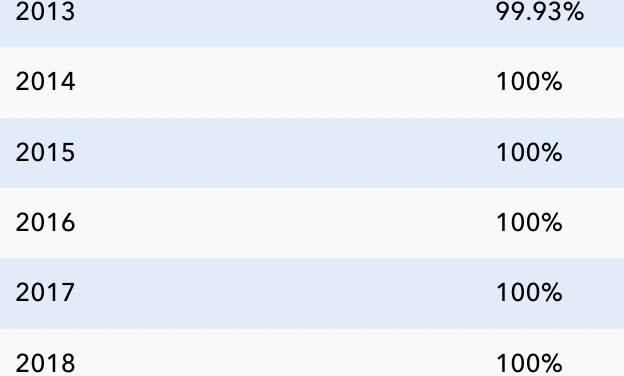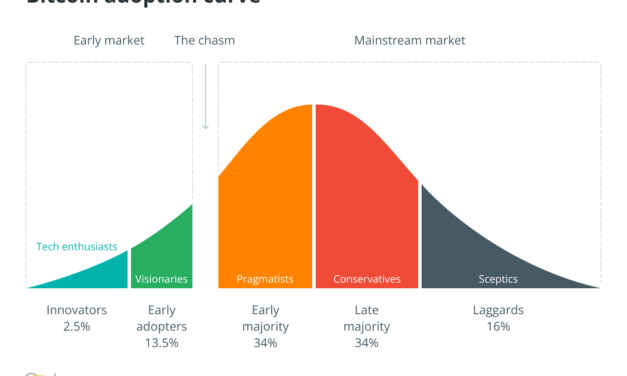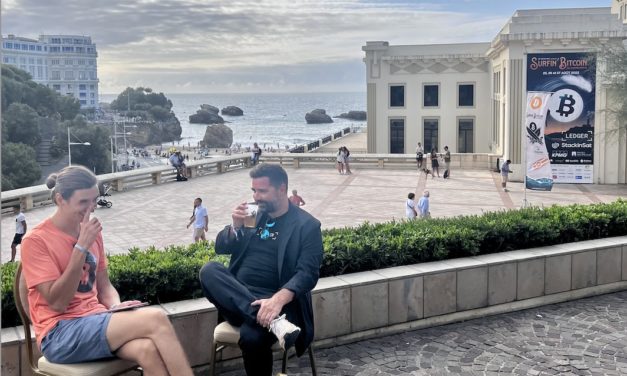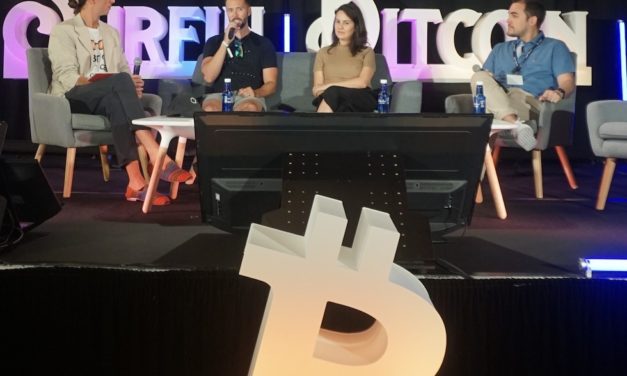While the banks were closed, Bitcoin reached 5,000 days online
The world’s largest cryptocurrency reached a milestone on Monday, Sept. 12 — Bitcoin (BTC) celebrated 5,000 days of uptime. The network has functioned almost without a hiccup for 13.69 years. In Bitcoin speak, the blockchain has been online, confirming a valid block of transactions every 10 minutes, on average, for 753,782 blocks (5,000 days). Plus, 3,464 days have passed since the last downtime incident. The first Bitcoin block was mined by Satoshi Nakamoto on Jan. 3, 2009. Bitcoin spent 99.9% of the year online, confirming valid blocks on average every 10 minutes until what is known as the Value Overflow Incident. The incident refers to the creation of a “strange block,” block 74,638, which resulted in the creation of billions more Bitcoin. Five hours later, during block 74,691, the blockchain was soft-forked, and nodes reached consensus.In 2013, Bitcoin software split, and the chain forked into two. The blockchain was down for 6 hours and 20 minutes causing a price drop of more than 23%, hitting lows of $37. Combining the downtime of the Bitcoin network between 2010 and 2013 creates roughly 0.01% of the total time.Bitcoin uptime by year. Source: buybitcoinworldwide.comBitcoin influencers (Bitfluencers?) were quick to honor the occasion with celebratory boating accidents, events in which Bitcoiners lose their private keys. Others expressed their gratitude for the anonymous creator of the protocol:5000 days of #Bitcoin pic.twitter.com/oTdbmJG0Tk— Lina Seiche (@LinaSeiche) September 11, 2022Popular cryptocurrencies such as Solana (SOL) or Ether (ETH) cannot currently compete with the uptime nor decentralization for which Bitcoin is known. Solana regularly experiences outages, labeled a “curse” to the network by its cofounder, while Ethereum’s creation was the result of a hard fork. Related: The Fed, the Merge and $22K BTC — 5 things to know in Bitcoin this weekVitalik Buterin, Ethereum’s cofounder, boasted in 2020 that “You can be net profitable with as little as 60% uptime.” Nonetheless, Bitcoin is still some way from reaching Nakamoto’s promise of a peer-to-peer cash system that removes third parties: Scaling payments on layer-2 are an uphill battle. In the meantime, Bitcoin will have to settle for being the most secure, most decentralized and most popular cryptocurrency solution.
Čítaj viac






